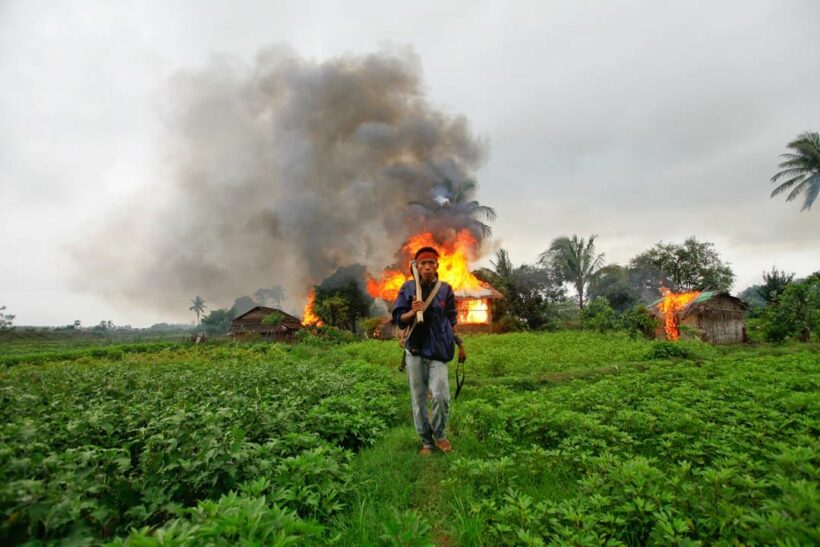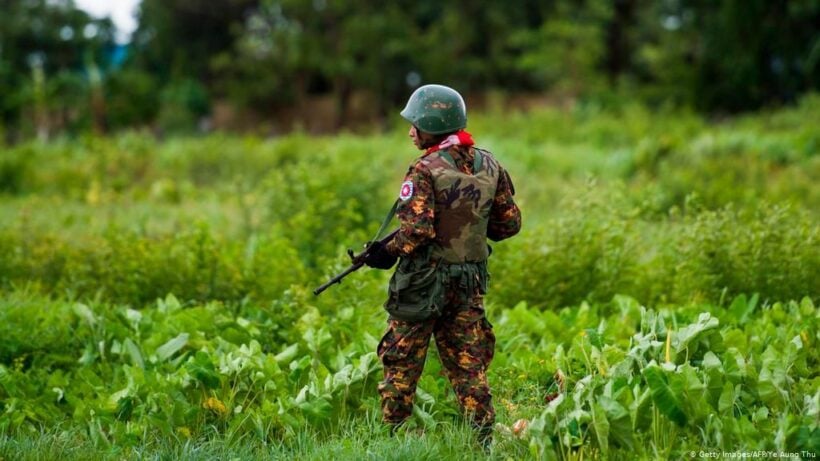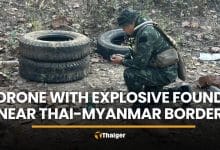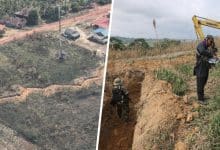Amnesty International says Myanmar bombing civilians

Myanmar is bombing its own people, according to Amnesty International. The human rights watchdog says it has evidence that indiscriminate airstrikes by Myanmar’s military, also known as the Tatmadaw, are killing civilians, including children, amid a worsening armed conflict in the country’s Rakhine and Chin States.
The attacks, and other serious human rights violations, are taking place in towns and villages where internet communication has been cut off for over a year. Locals have been kept in the dark over the threat of Covid-19 and denied information about humanitarian assistance. Rakhine State has been largely free of the coronavirus, but cases were on the rise in June.
Amnesty’s Asia-Pacific regional director says that whilst Myanmar authorities were urging people to stay at home to help stop Covid-19, in Rakhine and Chin states its military was burning down homes and killing civilians “in indiscriminate attacks that amount to war crimes”.
“Despite mounting international pressure on the military’s operations in the area, including at the International Court of Justice, the shocking testimonies we have collected shows just how deep impunity continues to run within Myanmar military ranks.”
In May and June, Amnesty interviewed more than 20 ethnic Rakhine and Chin villagers affected by military operations, which included airstrikes and shelling; analysed satellite images of burned villages, and verified video footage showing violations by the Burmese military.
The conflict has escalated since the January 4 2019 attack by the Arakan Army, an ethnic Rakhine armed group, against several police posts in northern Rakhine State. The incident prompted a retaliatory order to ‘crush’ the AA and marked a turning point in the escalation of the conflict, which has since displaced tens of thousands. The UN High Commissioner for Human Rights estimates that in recent days an additional 10,000 people fled their homes as a result of heavy fighting and warnings of advancing military operations.
Myanmar officially labelled the AA an unlawful organization on March 23. Fighting surged between March and May, while Myanmar also faced its first Covid-19 cases. More than 30 civilians were killed or injured in May alone, according to the UN. The victims were predominantly from Buddhist and Christian ethnic minorities, though media reports have also documented violations against Rohingya civilians.
The military’s airpower has inflicted immense damage and human suffering. Soldiers also appear to regularly confiscate or destroy civilian property and commandeer monasteries as bases. Amnesty documented the use and confiscation of civilian property by soldiers in Rakhine State and northern Shan State in 2019.
Residents say soldiers took rice, firewood, blankets and clothes, mobile phones and personal documents, gold bracelets, and necklaces. Livestock was slaughtered or taken. Myanmar soldiers also knocked down doors, broke windows, and damaged small Buddhist shrines kept at home.
Amnesty also documented incidents of the burning or destruction of villages in different townships in Rakhine and Chin States. Satellite imagery of several affected villages shows widescale burning consistent with Myanmar military tactics. The military and the AA have blamed each other for the burning.
They say they have not been able to document operations and abuses by the Arakan Army in the reporting period due to Covid-19 travel restrictions and limited access to affected areas and witnesses. But reports suggest the army has continued a pattern of abuses previously documented including endangering the lives of civilians during attacks, intimidation of local communities, and arbitrary deprivation of liberty.

SOURCE: Amnesty International
Latest Thailand News
Follow The Thaiger on Google News:


























